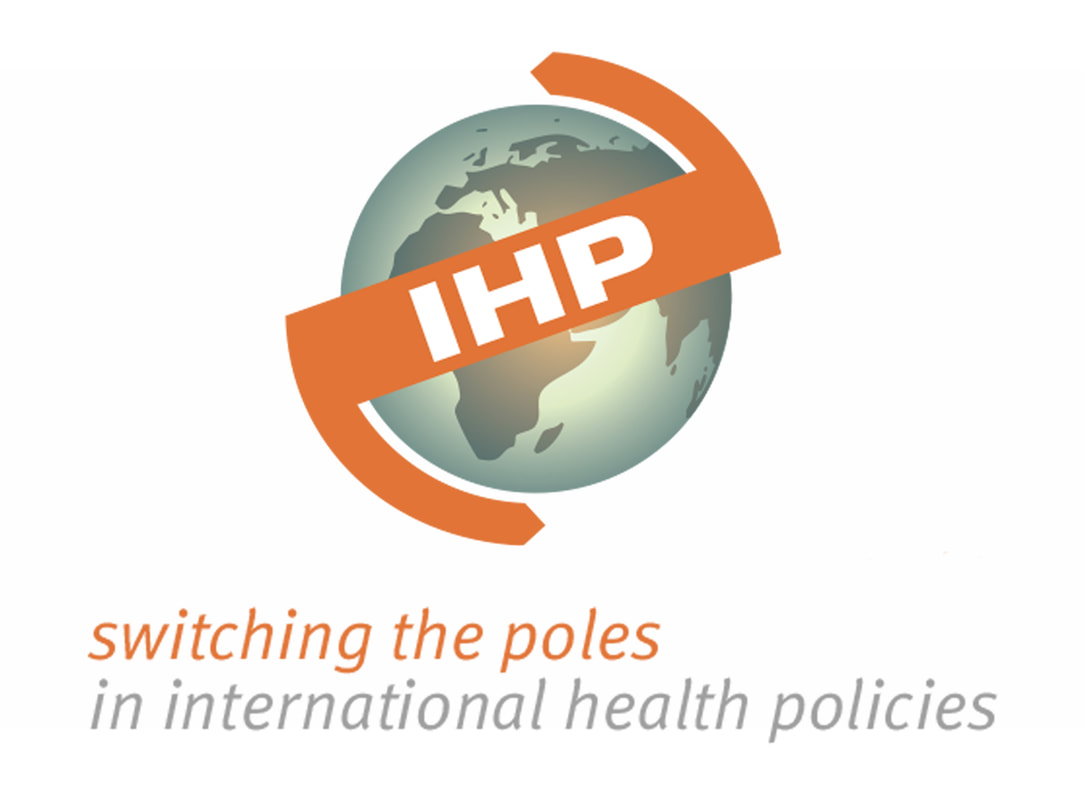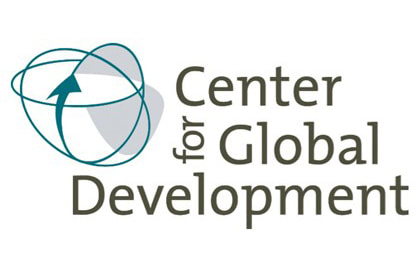| I work in the Ministry of Public Health of Burundi in a Unit in charge of the implementation of Performance Based Financing (PBF). So I was immediately triggered by the title of the article by Paul et al. encouraging a rethink of the implementation of PBF in low- and middle-income countries. In fact, in Burundi, after 7 years of implementation of PBF at the national level from 2010 to 2016, we started a process of reflection and revision of certain implementation methods in 2017, within the framework of what we have called the "second-generation PBF". |
In Burundi, "first generation PBF" helped to strengthen the health system in many ways: improving the utilization and quality of health services, governance and planning of health facility activities, the completeness and prompt entry of the data of the Health Information System (HIS), the implementation of the policy of free care for children under 5 and pregnant women, the autonomy of management of health facilities (with better availability of financial resources at the health facility level through the direct transfer of funds to their bank accounts.
However, despite these positive results, shortcomings were also noted, particularly in terms of improving clinical quality and qualitative outcome indicators, strengthening the drug supply chain, the availability of human resources of good quality level, and strengthening of the systems of referral and counterreferral. In addition, an impact study on PBF applied to the fight against malnutrition was conducted in Burundi from 2014 to 2015. This study showed mixed results and suggested revising the design in relation to the management of malnutrition. We also know that we have to reduce the costs of the verification process.
We are aware that in some countries verification is very expensive. In Burundi, however, 85% of the PBF budget goes to health facilities; verification and counter-verification represent only 10% of the costs. The costs of the verification may very likely vary according to context (Burundi is a small country with a very high density of population), according to the agencies in charge of this verification and also according to whether one is at a pilot stage or not. An international workshop to identify new, less costly and equally effective methods for verification was organized by the PBF Community of Practice in Brussels in September 2017. The synthesis of these reflections will be distributed soon.
In Burundi, we are therefore right in the middle of a process of reflection, and revising aspects of the implementation of PBF so that it contributes most effectively and efficiently to strengthening our health system. Of course, PBF does not evolve in a vacuum and is not one size fits all, which is the reason why it is implemented in a coherent way which tries to align to other health system strengthening strategies such as the strategy to develop human resources, the development of training standards for medical and paramedical personnel, the strengthening of Health Districts, free care strategies for children under 5 and pregnant women, the development of referral and counter referral systems and many others. All this reflection on PBF is conducted within the overall framework of a national health financing strategy for the evolution towards Universal Health Coverage.
My analysis of the article by Paul et al
Upon reading the article, I expected to find concrete proposals that would help us in our process of improving the implementation of PBF. I was left disappointed.
Actually, I found that the article was not balanced: it draws only a gloomy picture of PBF, trying to generalize the inadequacies of implementation of this approach observed in certain contexts and omitting to talk about positive aspects which have been noted in some other contexts (Rwanda, Burundi, Argentina...). It would have been more appropriate, in my humble opinion, to have come up with case studies in a number of contexts and to identify the strengths that could be used to move forward and the inadequacies that could be improved. It would also have been very instructive to have started from the "failures" that the authors observed in some contexts and understand the reasons why, because in some cases they pertain much more to overall weak governance of the health system that PBF alone can't solve. My impression is that the article wants to throw "the baby with the bath water".
I also perceived in the article a form of denigration, or even infantilization with regard to the countries adopting PBF and the health cadres of these countries. Indeed, insinuating that countries adopt PBF because of simple "study tour" promises or that "PBF champions" invest in PBF because of contract promises displays a lack of courtesy (to say the least). Several exchanges, analyses and dialectical debates take place in countries. In the case of Burundi, this type of debate lasted a year - between the Ministry of Health and the Technical and Financial Partners – and culminated in 2009 in a document called "Strategic Consensus for the implementation of Performance Based Financing and Free Healthcare". So, yes, I am all for the critical debate in which opposing views are heard: that is vital for any policy or strategy; but do avoid such demeaning reflections, which are not respectful of institutions and people.
In addition, the authors of the article criticize a ‘lack of ownership of countries adopting PBF’. There may be countries where ownership is not very advanced or nonexistent. Again, it would then be necessary to understand why and try to find solutions. One should again avoid generalizations, because in other countries, ownership is a reality or is at an advanced stage.
In the case of Burundi, there is a very strong ownership of PBF at the national level. Indeed, the Ministry of Health with the support of our partners has initiated pilot experiments for four years to allow time to observe the results of this approach. The Ministry of Finance was involved in the implementation of PBF from the start. The Government of Burundi alone finances 51% of the budget for implementing PBF. PBF is integrated into the National Health Policy, the National Health Development Plan, the National Health Financing Strategy and the strategic framework for the fight against poverty. As part of the move towards Universal Health Coverage, it is envisaged that PBF, in synergy with other approaches, will bring its expertise in strategic purchasing, contribution to improving the quality of care and strengthening the demand for care.
I was curious to read the chapter on the proposed alternatives. I was hoping to find ideas for improving what we do in our context. However, this chapter contains only a simple list of interventions to perform. More striking is that these interventions are actually already taken into account in the context of the implementation of PBF in several countries!
So ultimately, at the end of this article, I was left with mixed feelings and - rightly or wrongly - with the impression of attending a kind of "settling of accounts" between certain actors. The constructive debate of different views seemed to be relegated to the background, much to the chagrin of the providers on the ground in search of innovative ideas.







